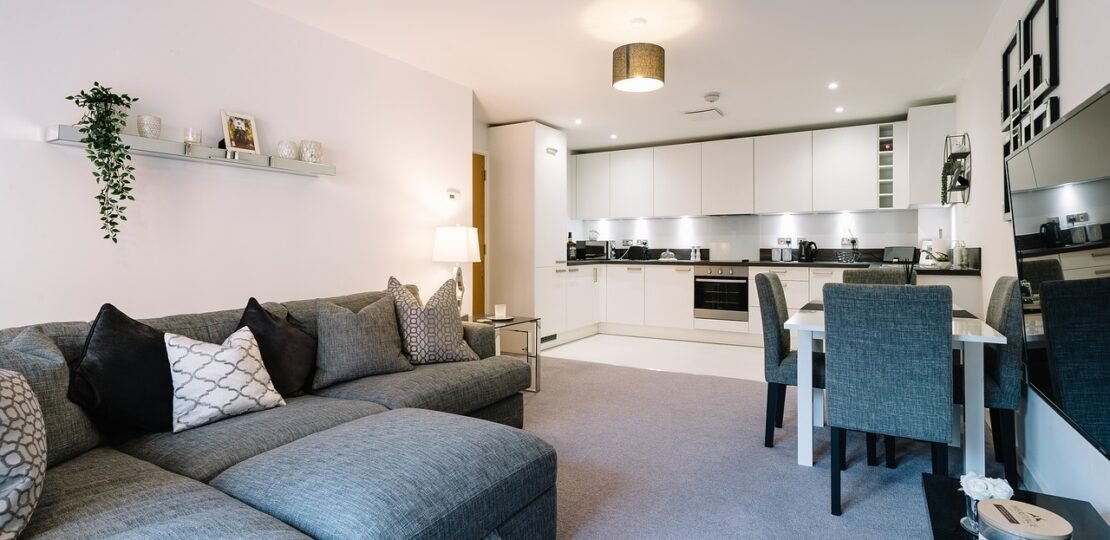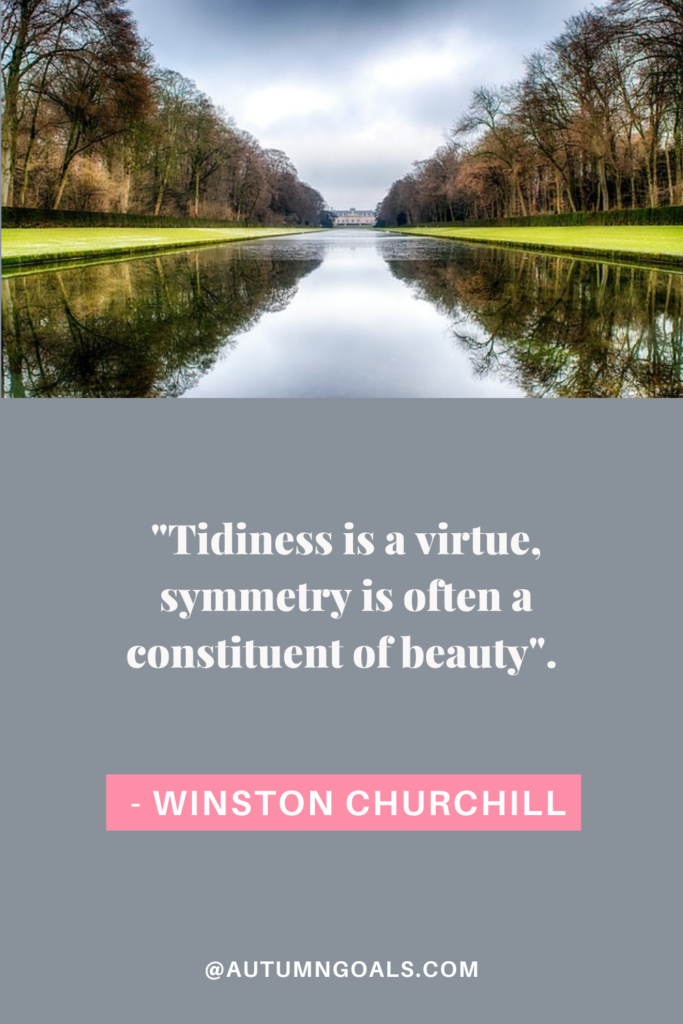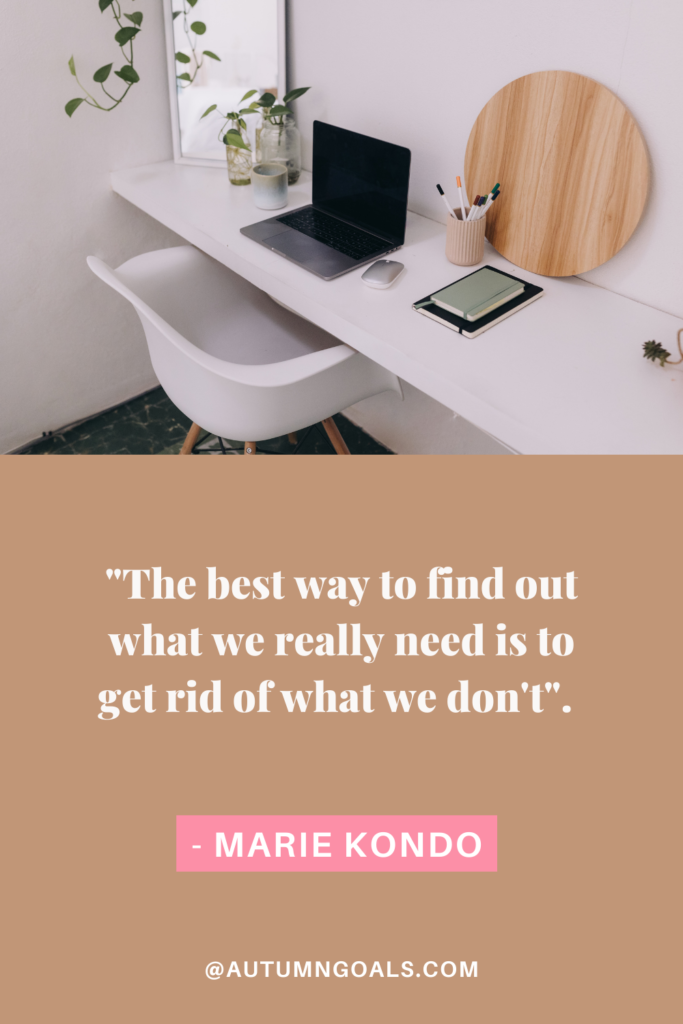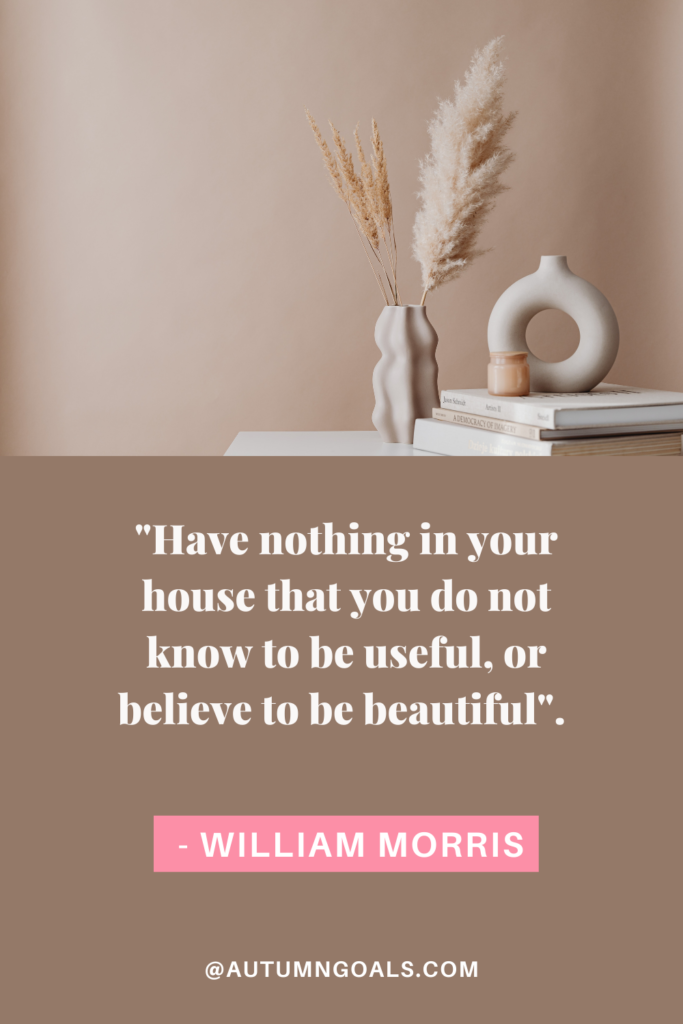Conquering clutter hotspots for a healthier mind
May 24, 2024 | by autumngoals.com

Image by Stuart Bailey from Pixabay
Unveiling the calm
In a fast-paced world brimming with constant stimuli, finding solace in a clutter-free environment is akin to discovering an oasis of order and tranquility. Yet, all too often, our living spaces succumb to the tyranny of clutter – chaotic countertops, overflowing closets, and piles of papers. What many of us fail to recognize is the profound impact that clutter hotspots can have on our mental wellbeing. The relentless visual chaos arising from clutter can disrupt our ability to relax and unwind, hindering our overall productivity and creativity.
When we address these clutter hotspots and integrate decluttering practices into our lives, we not only restore order to our physical environment but also prioritize our mental health and overall wellbeing. Let’s delve into a few strategic approaches to conquer these cluttered spaces and pave the way for a more serene and organized life.

Start Small: Begin with Achievable Targets
Do not allow yourself to be overwhelmed by the enormity of the task at hand. Instead, start with a small, manageable area – perhaps a single drawer, a neglected corner of your room, or even your cluttered workspace. Initiating the process on a smaller scale allows for a tangible sense of accomplishment, serving as a powerful motivator for tackling more extensive decluttering projects.

Create Designated Spaces: Foster an Organized Environment
Designating specific places for your belongings to reside is a pivotal step in preventing future clutter. Utilize storage solutions like baskets, shelves, and containers to maintain a systematic order within your living space. With a designated spot for each item, you minimize the likelihood of random items ending up strewn haphazardly around your home.
One In, One Out: Embrace the Rule of Balance
Adopt the simple yet effective “one in, one out” rule to stave off future clutter accumulation. Make a conscious commitment that for every new item brought into your space, an existing item must be removed. This practice instils a sense of balance and prevents the steady influx of unnecessary possessions.
Sort and Organize: Discern the Essential from the Excessive
Categorize your possessions into distinct groups: “keep,” “donate,” and “discard.” Cultivate honesty with yourself as you evaluate each item, discerning what you genuinely need from what merely contributes to the clutter. This process enables you to make conscious decisions about what to retain and what to release, ultimately streamlining your living space.

Daily Decluttering: Cultivate a Regular Clearing Ritual
Allocate a few minutes each day to decluttering a specific area of your living space. By consistently devoting time to this practice, you prevent the accumulation of clutter and safeguard against the overwhelming burden of extensive decluttering tasks. Consistent daily efforts yield long-term benefits in sustaining an organized and serene living environment.

Keep Your Space Organized and Clean: Cultivate a Productive Environment
An organized and clean space serves as a catalyst for a clear and focused mind. Whether it’s your office desk or your home, a clutter-free environment enhances your ability to remain productive and composed. Dedicate a few moments each day to tasks like dishwashing, dusting your work area, and organizing your to-do list. Additionally, incorporate a weekly deep cleaning routine to maintain the order and freshness of your living space.
Make Decluttering a Routine
Integrating these decluttering practices into your daily routine not only cultivates a more organized living space but also nurtures a sense of mental clarity and well-being. As the renowned decluttering expert Marie Kondo aptly puts it, “The space in which we live should be for the person we are becoming now, not for the person we were in the past.” Embrace the transformative power of decluttering and witness how it propels you towards a more efficient, creative, and fulfilling life.

RELATED POSTS
View all



